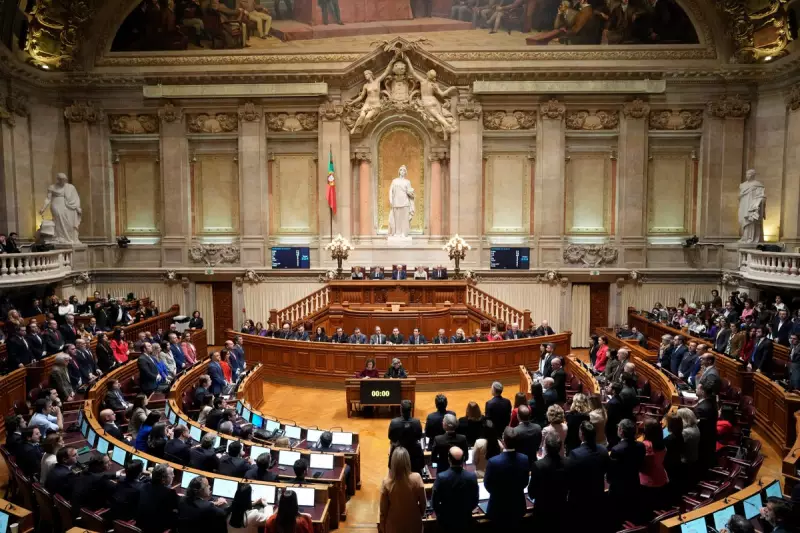
In an unprecedented act of historical reconciliation, the Iberian nations of Spain and Portugal are confronting one of the darkest chapters in their history by offering citizenship to descendants of Sephardic Jews expelled more than five centuries ago.
A Legacy of Persecution
The year 1492 marked a devastating turning point for Jewish communities across the Iberian Peninsula. Under the Alhambra Decree, Spain's Catholic Monarchs gave Jewish residents an ultimatum: convert to Christianity or face expulsion. This systematic persecution during the Spanish Inquisition forced tens of thousands from their homes, scattering communities that had flourished for generations.
Portugal followed suit just four years later, implementing similar expulsion orders that created a diaspora stretching from North Africa and the Middle East to Europe and the Americas.
Modern-Day Reconciliation
Both nations have now taken extraordinary steps to address this historical injustice. Spain launched its citizenship programme in 2015, while Portugal initiated a similar scheme the same year. The Portuguese initiative has proven particularly successful, with President Marcelo Rebelo de Sousa recently announcing an extension to the application deadline due to overwhelming interest.
"This isn't just about paperwork; it's about healing historical wounds," President de Sousa stated during the announcement. "We're acknowledging a grave injustice and welcoming home those whose ancestors were forced to leave."
Application Surge and Practical Challenges
The response has been staggering. Portugal has received tens of thousands of applications from descendants across the globe, particularly from Turkey, Israel, and Brazil. The extension aims to accommodate the flood of interest while ensuring thorough vetting of each claim.
Applicants must provide substantial evidence of their Sephardic heritage, including:
- Documentation of family history and lineage
- Proof of traditional Sephardic practices within the family
- Evidence of connection to Sephardic communities
- Ladino language proficiency or cultural familiarity
A Model for Historical Justice
This initiative represents one of the most significant acts of historical reconciliation in modern European history. Unlike typical citizenship pathways, these programmes specifically address historical wrongs without requiring applicants to reside in either country.
The move has been widely praised by Jewish organisations and human rights groups as a template for how nations might address other historical injustices. As one community leader noted, "It's never too late to do the right thing. Five hundred years seems like a long time, but the memory of displacement lasts generations."
With the extended deadline, thousands more descendants of those forced from their Iberian homes half a millennium ago now have the opportunity to reclaim the citizenship their ancestors were denied.





